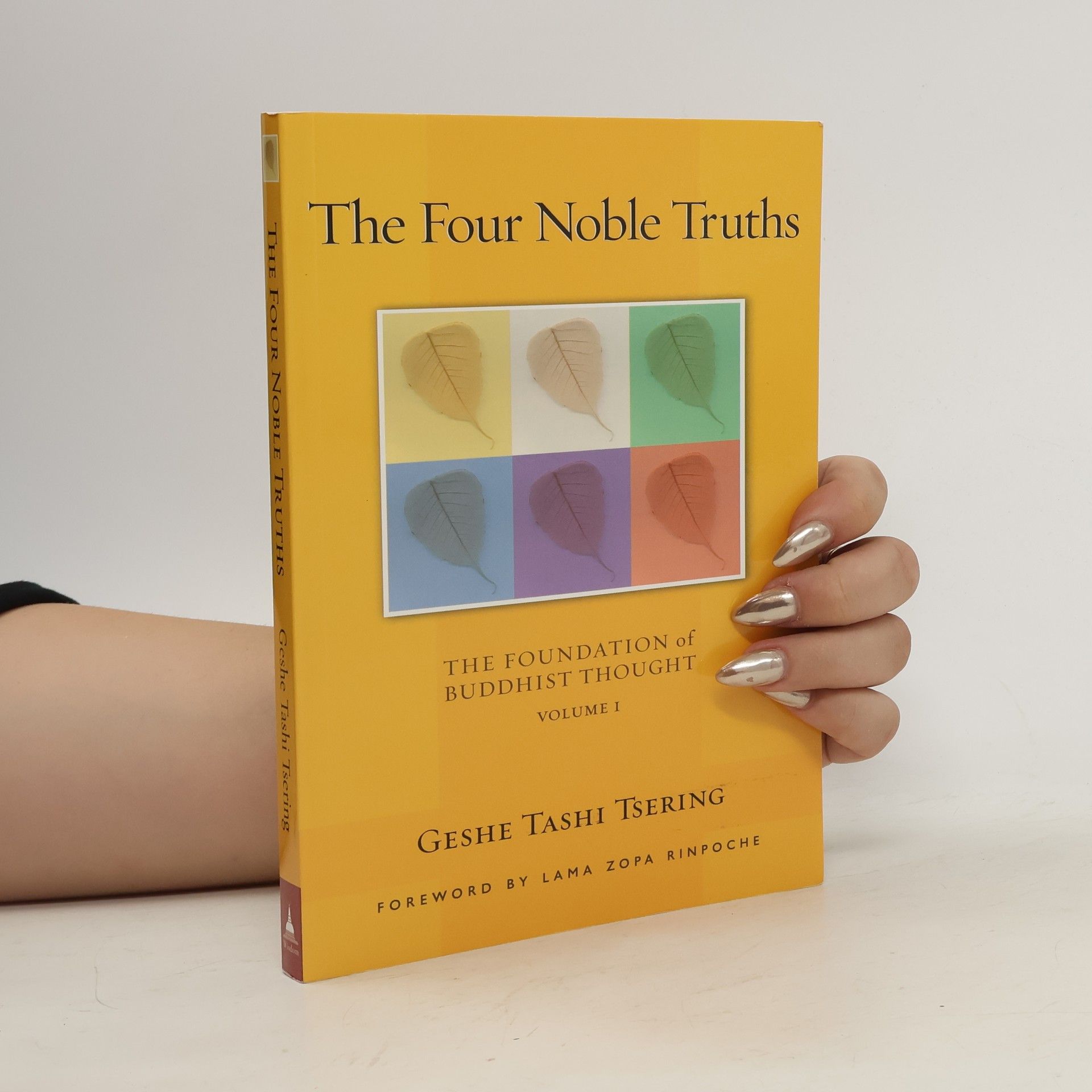The four noble truths are well known as the Buddha's first and most essential explanation of his enlightened realizations. The truths diagnose the human existential crisis--suffering and its origin--and prescribe a solution--cessation and the path. To understand the four noble truths is to understand Buddhism as a whole. In The Four Noble Truths, Geshe Tashi draws on his decades of training in Tibetan Buddhism to illuminate these truths for a modern audience. His respectful engagement with Buddhists outside his own tradition and his insights into Western culture make this book refreshing. It will reward even those already acquainted with the fundamentals of Buddhism. The Four Noble Truths is the first of six stand-alone volumes in the Foundation of Buddhist Thought series.
Geshe Tashi Tsering Bücher
Tashi Tsering ist ein Autor, dessen Werk tief in die spirituellen und philosophischen Traditionen des tibetischen Buddhismus eintaucht. Sein Schreiben zeichnet sich durch eine tiefgreifende Erforschung des menschlichen Geistes, der Emotionen und des Strebens nach Erleuchtung aus. Durch seine Texte bietet Tsering den Lesern wertvolle Einblicke in die Praktiken von Achtsamkeit und Mitgefühl, die darauf abzielen, inneren Frieden und Weisheit im täglichen Leben zu fördern. Seine Arbeit dient als Brücke zwischen alter Weisheit und der modernen Welt und bietet praktische Anleitung für diejenigen, die ein tieferes Verständnis von sich selbst und der Welt um sie herum suchen.
